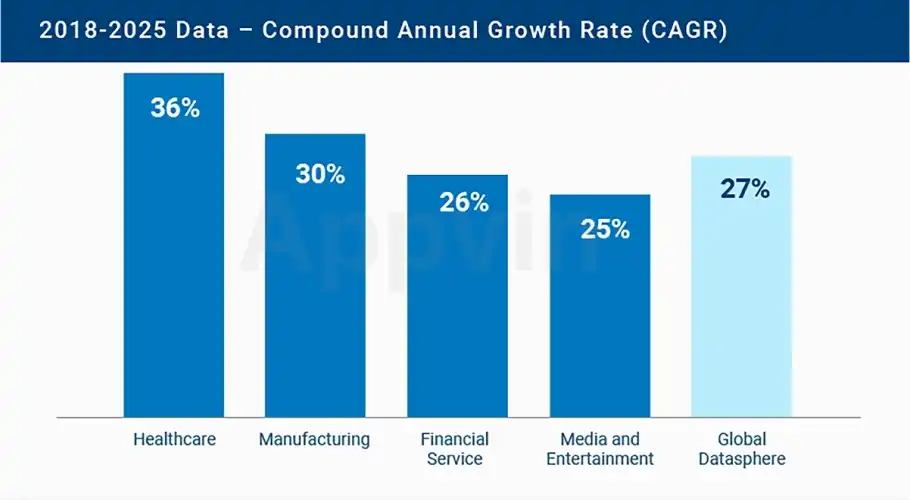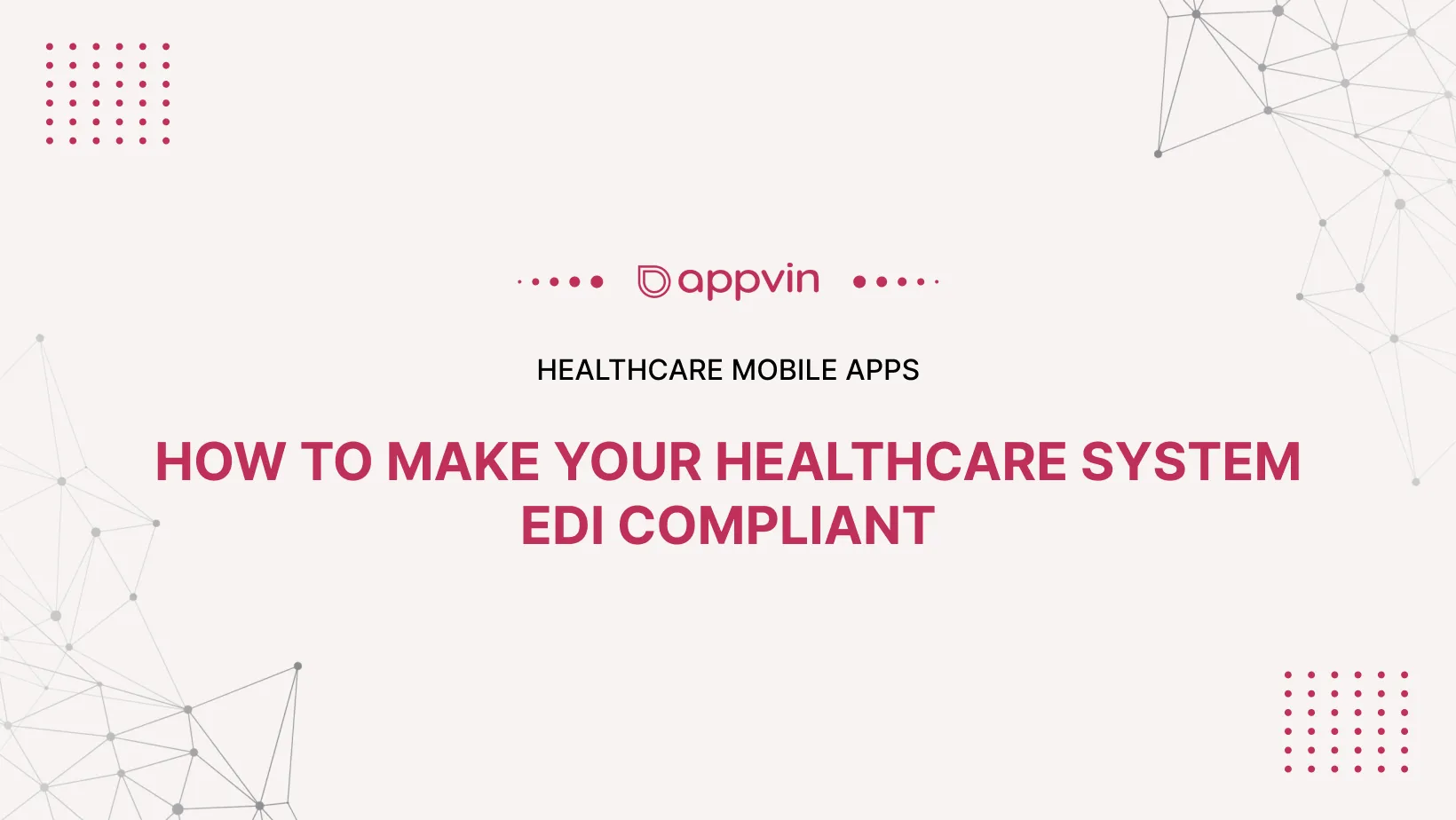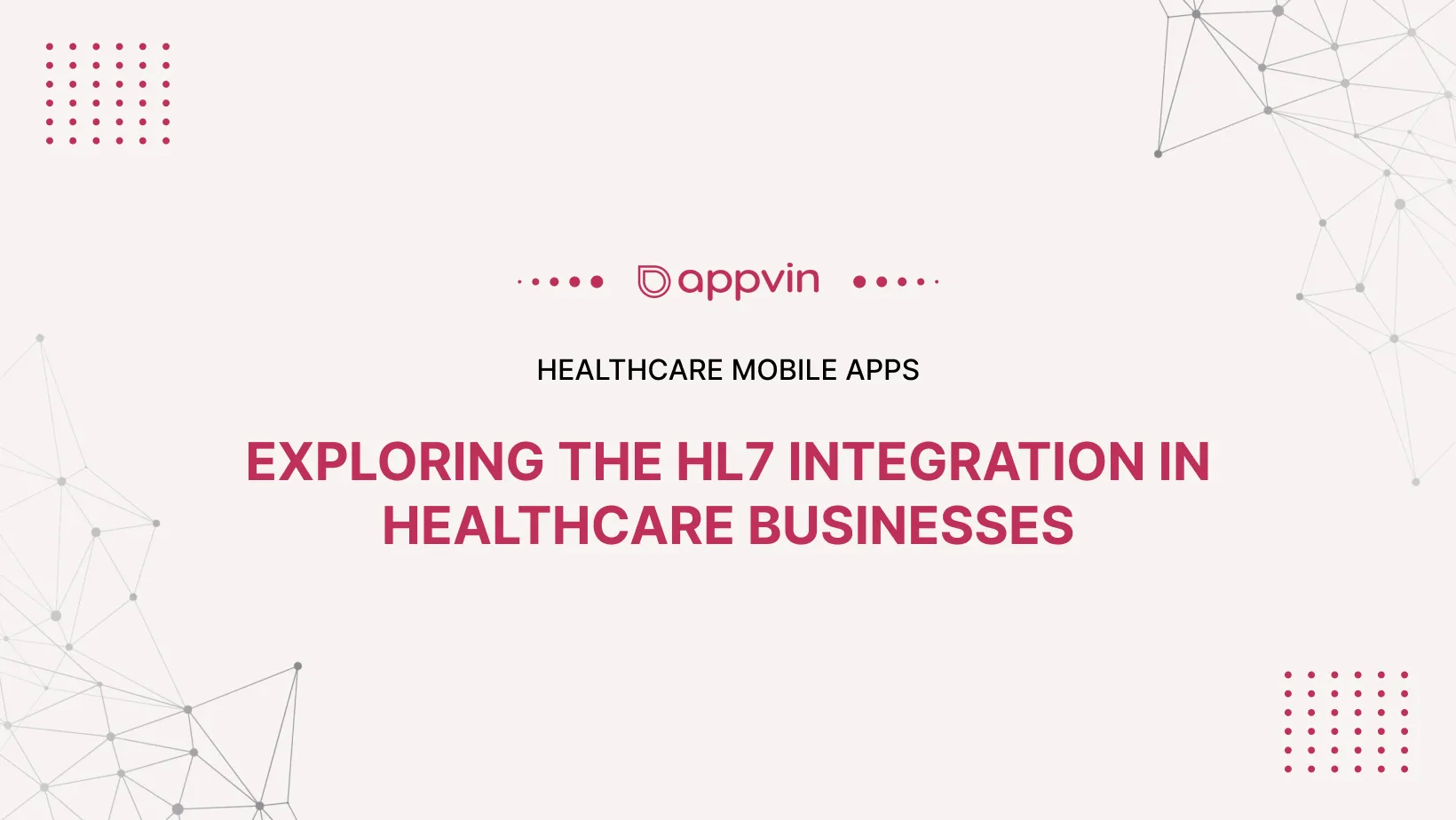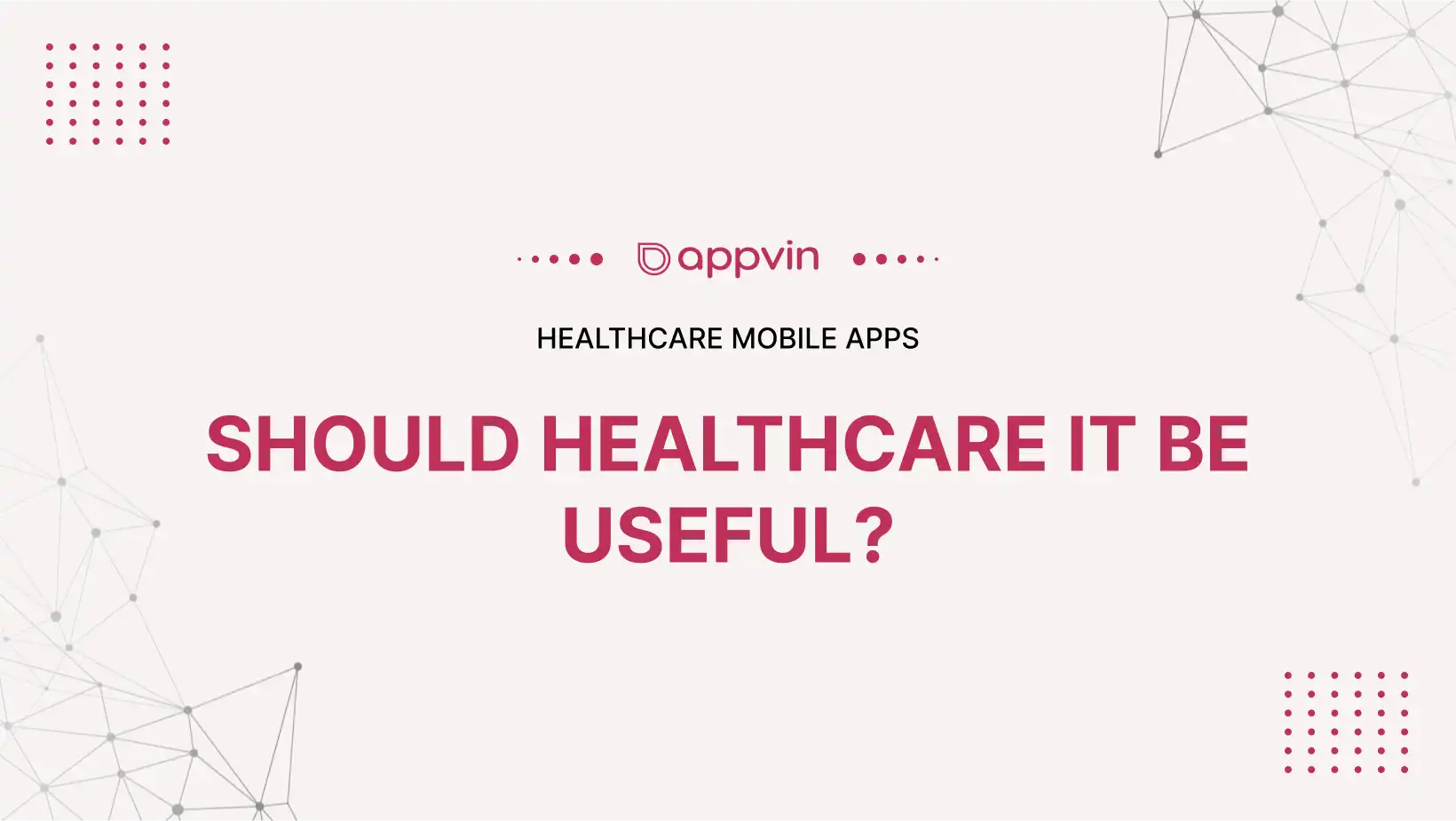The healthcare enterprise is at the vanguard of technological improvements, and one area that has garnered widespread attention is the utility of synthetic intelligence (AI). Modular AI, in particular, offers a flexible and scalable approach to addressing various challenges in healthcare, from medical imaging analysis to personalized medicine and clinical decision-making. In this weblog, we will explore the power of modular AI and its capacity applications in transforming the healthcare landscape.
The Power of Modular AI
Modular AI systems are designed with a modular structure; wherein exclusive components or modules are liable for handling unique responsibilities or functionalities. This modular method allows for flexibility, scalability, and the ability to replace or update individual modules without affecting the complete device.
Moreover, the key advantages of modular AI in healthcare include:

The key advantages of modular AI in healthcare include:
- Specialized modules: Each module can be skilled on unique clinical domains or tasks, enabling an extra focused and specialized approach.
- Adaptability: As new data or technologies become available, individual modules can be updated or replaced without disrupting the entire system.
- Scalability: Additional modules may be integrated into the machine as wished, taking into account easy enlargement and customization.
- Parallel processing: Multiple modules can work simultaneously on different tasks, improving efficiency and reducing processing time.
Enhancing Medical Imaging Analysis
Medical imaging plays a crucial role in diagnosis and treatment planning, but the sheer volume of data and the complexity of analysis can be overwhelming for human experts. Modular AI systems can revolutionize medical imaging analysis by combining specialized modules for various tasks:
- Image acquisition and preprocessing
- Segmentation and feature extraction
- Lesion detection and classification
- Disease diagnosis and staging
- Treatment planning and monitoring
Potential applications:
- Automated detection and classification of tumors, lesions, or abnormalities in CT scans, MRI, and X-rays.
- Quantitative analysis of medical images for precise measurements and monitoring of disease progression.
- Integration of multiple imaging modalities for comprehensive diagnostic insights.
Personalised Medicine
One of the most promising applications of modular AI in healthcare is its potential to drive personalized medicine. By analyzing various data sources, including genetic information, medical history, lifestyle factors, and environmental exposures, modular AI systems can provide tailored treatment recommendations and disease management strategies.
Potential applications:
- Genomic analysis and risk assessment for inherited diseases or predispositions.
- Identification of biomarkers and molecular signatures for targeted therapies.
- Prediction of drug responses and adverse effects based on individual patient characteristics.
- Optimization of treatment plans based on real-world evidence and patient-reported outcomes.
Empowering Clinical Decision-Making
Healthcare professionals face complex decision-making tasks every day, often involving multiple factors and uncertainties. Modular AI systems can assist in this process by integrating various modules for data analysis, knowledge representation, and decision support.
Potential applications:
Evidence-based decision support systems for diagnosis, treatment planning, and patient management.
Integration of electronic health records (EHRs), clinical guidelines, and up-to-date medical literature.
- Predictive modeling for risk stratification, disease progression, and outcome forecasting.
- Clinical workflow optimization and resource allocation.
Streamlining Healthcare Operations
Beyond medical applications, modular AI can also contribute to streamlining various operational aspects of healthcare organizations, leading to improved efficiency, cost savings, and better patient experiences.
Potential applications:
- Intelligent scheduling and resource allocation for optimized patient flow and staff utilization.
- Automated medical coding and billing processes, reducing errors and improving reimbursement.
- Supply chain management and inventory optimization for efficient resource allocation.
- Natural language processing (NLP) modules for extracting insights from unstructured data, such as clinical notes and patient feedback.

The Future of Healthcare
As modular AI continues to evolve and integrate with other emerging technologies, such as the Internet of Things (IoT), wearable devices, and telemedicine, the possibilities for healthcare transformation become even more profound.
Potential applications:
- Remote patient monitoring and early intervention through connected devices and AI-powered analytics.
- Virtual assistants and chatbots for patient education, medication adherence, and symptom tracking.
- Predictive maintenance and optimization of medical equipment and facilities.
- Simulation and training environments for healthcare professionals, leveraging virtual and augmented reality.
Challenges and Considerations
While the potential of modular AI in healthcare is undeniable, it is crucial to address several challenges and considerations:
- Data quality and privacy: Ensuring the accuracy, completeness, and security of healthcare data is essential for reliable AI systems.
- Ethical and regulatory frameworks: Developing robust ethical guidelines and regulatory frameworks to govern the use of AI in healthcare is paramount.
- Interpretability and trust: AI systems, especially in critical healthcare applications, must be interpretable and explainable to build trust among healthcare professionals and patients.
- Integration and interoperability: Seamless integration of modular AI systems with existing healthcare IT infrastructure and data standards is crucial for widespread adoption.
- Continuous validation and monitoring: Ongoing validation and monitoring of AI systems are necessary to ensure safety, reliability, and compliance with evolving regulations and best practices.
Conclusion
The potential of modular AI in transforming healthcare is immense. By leveraging specialized AI modules, healthcare providers can enhance medical imaging analysis, enable personalized medicine, empower clinical decision-making, and streamline operations. AppVin Technologies is a pioneering force in developing cutting-edge modular AI solutions tailored for the healthcare app development industry. With their innovative platform and expertise, AppVin is well-positioned to drive the adoption of modular AI, shaping the future of healthcare delivery through improved patient outcomes, increased efficiency, and continuous innovation.
FAQs
What are the main benefits of using a modular AI approach in healthcare?
The key benefits include flexibility, allowing updates or additional modules to be incorporated without disrupting the entire system. Moreover, the ability to specialize modules for specific tasks or medical domains enhances performance. Scalability is also achieved through the integration of additional modules, while improved efficiency results from parallel processing of different tasks.
How can modular AI enhance medical imaging analysis?
Modular AI can analyze genomic data, medical histories, and lifestyle factors to identify personalized risk factors and biomarkers. It can generate tailored treatment plans and drug recommendations based on individual patient characteristics and predicted responses, while also incorporating real-world evidence and patient-reported outcomes.
How can modular AI support clinical decision-making?
Modular AI can integrate electronic health records, clinical guidelines, and medical literature to provide evidence-based decision support. It can also enable predictive modeling for risk stratification, disease progression forecasting, and outcome prediction, as well as optimize clinical workflows and resource allocation.
What are some potential challenges in implementing modular AI in healthcare?
Key challenges include ensuring data quality, privacy, and security, which are fundamental for trust in AI systems. Additionally, developing robust ethical and regulatory frameworks is essential to address concerns surrounding AI deployment in healthcare. Achieving interpretability and explainability of AI models is crucial for transparency and acceptance. Moreover, integrating with existing healthcare IT infrastructure and data standards presents technical hurdles. Lastly, ensuring continuous validation, monitoring, and compliance with evolving regulations and best practices is vital for maintaining the effectiveness and safety of AI applications in healthcare.





